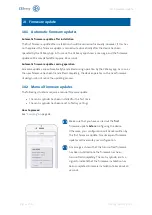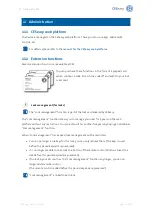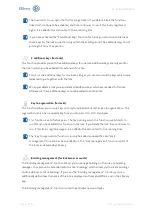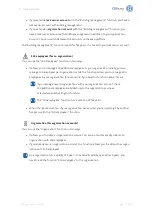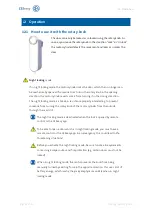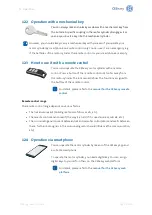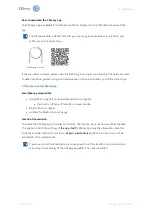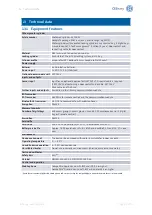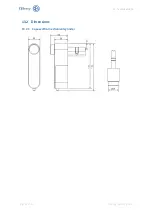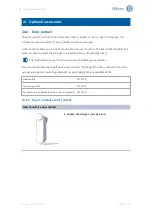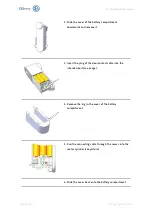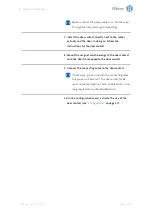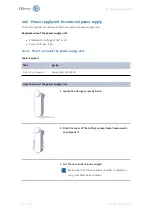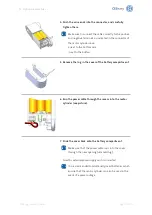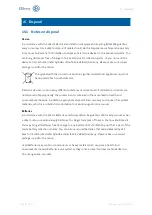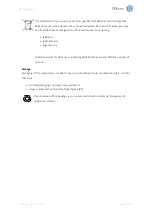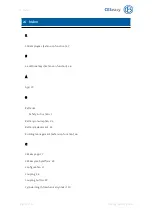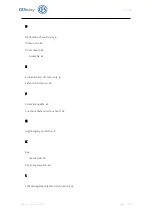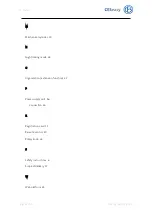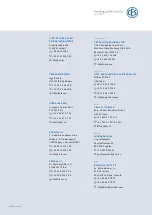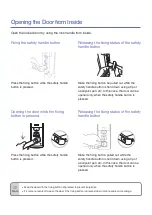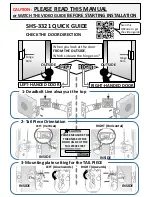
15 Disposal
15.1 Notes on disposal
Device
In accordance with the Waste Electrical and Electronic Equipment recycling (WEEE) Regulations,
every consumer has a duty to dispose of old electronic/electrical appliances safely and separately
from household waste. It is forbidden to dispose of electronic devices in the household waste. You
can bring old devices free of charge to the local (council's) collection points. Or you can send the
device to C.Ed. Schulte GmbH Zylinderschlossfabrik, Velbert/Germany. Please make sure correct
postage is paid for the return.
The symbol with the crossed-out dust bin signifies old electrical appliances must not
be disposed of as household waste.
Electronic devices contain many different substances and materials. If old electronic devices are
not disposed of appropriately, the contaminants contained in them can lead to health and
environmental hazards. In addition, appropriate disposal allows recovery and re-use of recyclable
materials, which is a substantial contribution to maintaining natural resources.
Batteries
In accordance with the Waste Batteries and Accumulators Regulations 2009, every consumer has
a duty to return used and empty batteries. It is illegal to dispose of them in the household waste.
You may bring all batteries free-of-charge to any local (council’s) collection point that is part of the
waste battery collection scheme. You can also send used batteries that were delivered by CES
back to C.Ed. Schulte GmbH Zylinderschlossfabrik, Velbert/Germany. Please make sure correct
postage is paid for the return.
Used batteries may contain contaminants or heavy metals which can pose a health and
environmental hazard. Batteries are recycled, as they contain important raw materials like iron,
zinc, manganese, or nickel.
Page 48 of 53
CESeasy motor cylinder
15 Disposal

